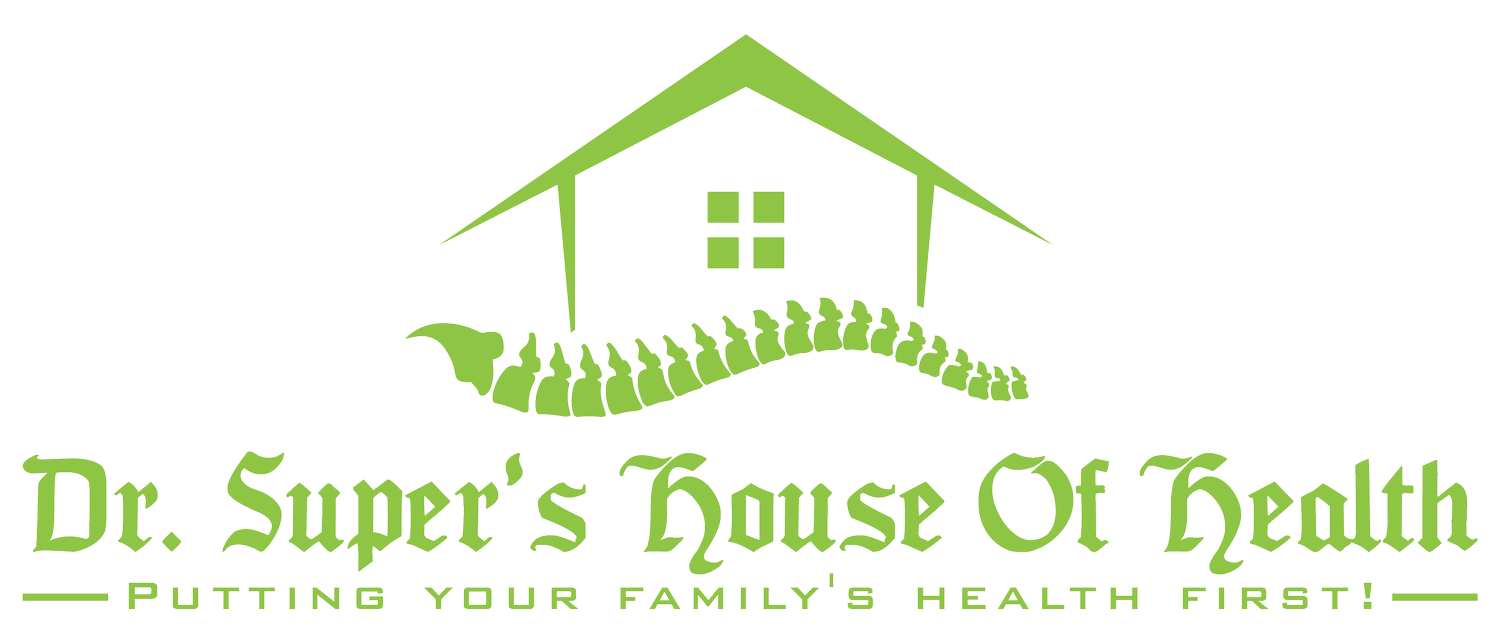Hydration Station
Hello and welcome to our blog! As we are in the swing of summer, and since it’s been SO hot I thought it would be pertinent to discuss proper hydration. We are told to drink water, but we aren’t often told how, when, or why to drink water. My purpose for this post is to educate patients on what water actually does for the body, and in turn, you can educate those that you love about the importance of drinking water.
As we have heard our entire lives, water is important! Drinking 8 glasses of water a day is the traditional recommendation of daily water intake but getting at least half of your body weight in ounces is the minimum a human should be ingesting. For example, if someone weighs 150 pounds, the amount of water in ounces they should consume is 75 ounces. Not only is our body made of 80% water, but our organs, muscles, nervous system, and cells need water to stay alive and function. JUST drinking water… isn’t sufficient. The importance of adding electrolytes and salt in your water isn’t discussed enough.
When we ONLY drink water, we are flushing out our system of the electrolytes: sodium, potassium, magnesium, calcium, bicarbonate, chloride, and phosphorus. Electrolytes are essential minerals within the body that are vital for key functions: supporting muscle and nerve function, balancing the body's pH levels, moving nutrients into cells, moving waste out of cells, keeping heart rate and rhythm steady, and keeping our blood pressure stable (1). If we aren’t replacing electrolytes with healthy fluids or foods, it can affect all the functions that were listed previously. These electrolytes and minerals also help to transport water into our tissue, so if you are drinking a lot of water, urinating a lot, and not feeling hydrated, your body most likely isn’t absorbing the water you are drinking. To ensure we are getting what we need, add electrolytes and sea salt into your water through packets such as Liquid IV or DripDrop, or a pinch of celtic sea salt. If you would like to add them to your diet, refer to the list below!
Foods that contain electrolytes:
Calcium- leafy greens, cow’s milk, pears, kiwi, sardines, tofu, legumes
Magnesium- Spinach, Kale, bananas, cherries, peaches, avocados, almonds, cashews, pumpkin seeds, chickpeas
Phosphorus- Meats, Poultry, fish, eggs, yogurt, milk, cheese, oatmeal
Sodium- smoked/cured/salt/canned meats and fish
Bicarbonate- sparkling water, baked goods
Chloride- table/sea salt, deli meats, tomatoes, olives, cheese, seaweed, lettuce
Potassium- potatoes, bananas, avocados, spinach, beets, salmon, sweet potatoes
Common signs of an electrolyte imbalance include: confusion, nausea, headaches, muscle cramps, fatigue, muscle weakness, etc. (2). Making sure we are getting enough minerals in our diet is vital, especially during the summer months! When we sweat, we lose a lot of salt/minerals that our body relies on. A total of 1% of our sweat is electrolytes. That might not seem like a lot, but if you have a labor-intensive job or spend a lot of time outside during the summer, that 1% loss quickly adds up (3). Things like heat stroke and heat exhaustion are common during the summer months, but the signs that you are heading that direction can be insidious. When spending a lot of time outside with little water and shade, you might start feeling faint, nauseous, confused, dizzy, or agitated. These are the beginning signs of heat exhaustion. If the symptoms aren’t caught in time, heat exhaustion can turn into heat stroke which requires an emergency care visit to the ER. The list below provides more symptoms to be aware of.
Signs of heat exhaustion:
Pale, clammy skin, or cool and moist skin with goosebumps
Heavy sweating
Fast and weak pulse
Elevated body temperature
Other symptoms: Headache, nausea, dizziness, thirst, muscle cramps, mild confusion, tiredness, decreased urine output, fainting, irritability
Signs of heat stroke:
Mental changes: Confusion, delirium, combativeness, seizures, loss of consciousness, slurred speech, or altered mental state
Skin changes: Red, hot, dry, or damp skin, or profuse sweating
Other symptoms: Throbbing headache, dizziness, nausea, vomiting, extremely thirsty, dry or swollen tongue, rapid and strong pulse, muscle cramps, or fainting
Maintaining proper hydration is essential for overall health and well-being by supporting mental clarity, physical performance, and vitality. Please make sure you and your family are staying safe this summer by drinking your water and staying cool!
Feel well and do good,
Dr. Flaim
ADIO
Sources:
